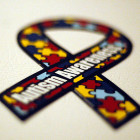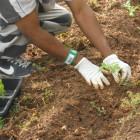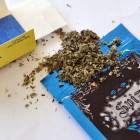
Justice Department Expands Youth Violence Prevention Program
|
WASHINGTON - U.S. Attorney General Eric Holder announced this week that the Justice Department will expand to 10 – from six – the number of cities participating in the National Forum on Youth Violence Prevention. The planned expansion comes as the original participants continue to struggle through breaking down walls among government agencies and with community-based groups. The National Forum, established 18 months ago, is designed to allow the cities involved to fashion their individual crime prevention programs that emphasize more comprehensive approaches across government agencies. An initial evaluation by Temple University and the John Jay College of Criminal Justice at the City University of New York found that all six cities showed some “positive indicators” of the initiative but there were no “profound perceptions” among local residents of a reduction in juvenile violence. Representatives of the six cities – Chicago, Boston, Detroit, Memphis and Salinas and San Jose, Calif.










